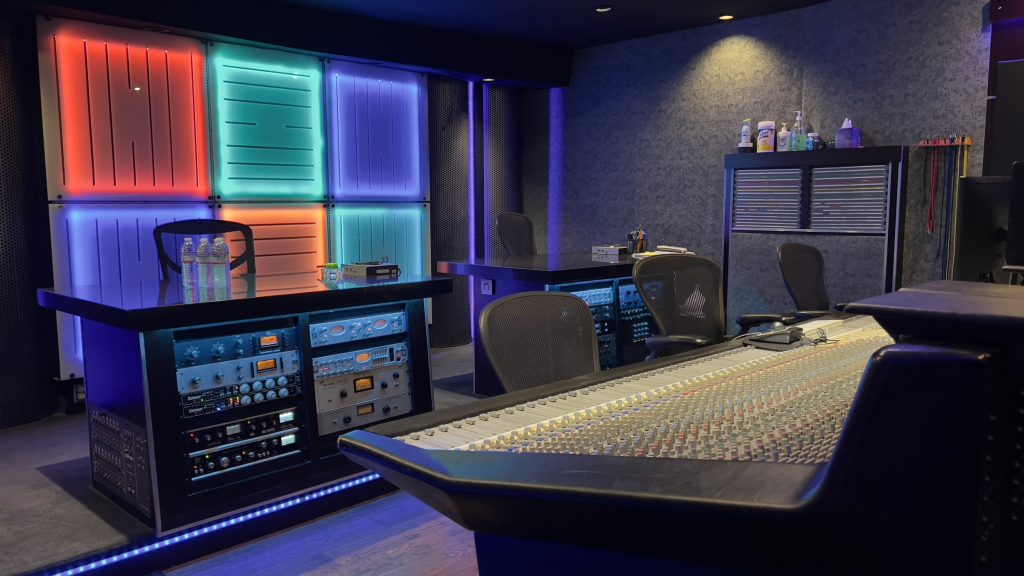In the realm of music production, the recording studio stands as a paramount hub where creativity intertwines with technical precision. Beyond its aesthetic appeal and creative ambiance, a professional recording studio offers a myriad of technical advantages that elevate the quality and depth of musical productions. At its core, a well-equipped recording studio serves as a sanctuary for sonic excellence. One of the foremost technical advantages lies in its acoustically treated environment. Designed with precision, the studio’s walls, ceilings, and floors are meticulously crafted to minimize sound reflections and unwanted ambient noise. This controlled acoustic environment ensures that recordings capture pristine sound quality without the interference of external disturbances, allowing for crystal-clear vocals, intricate instrumental details, and a defined spatial depth. From high-end microphones that capture the nuances of every vocal inflection to specialized preamplifiers and compressors that sculpt and refine the sound, each piece of equipment is chosen for its ability to enhance audio fidelity and maintain signal integrity throughout the recording process.

Digital audio workstations DAWs with powerful processing capabilities enable producers to manipulate, edit, and mix tracks with unparalleled precision, ensuring that every element of the composition aligns seamlessly and browse this site https://www.riftstudiosnyc.com/. Moreover, recording studios are equipped with state-of-the-art recording equipment and technology. Beyond the hardware, recording studios boast an array of software tools tailored to cater to the diverse needs of musicians and producers. Advanced audio plugins simulate vintage analog equipment, offer realistic virtual instruments, and provide sophisticated effects processing, empowering artists to explore endless sonic possibilities and achieve their desired sound palette with unprecedented flexibility and control. In addition to technical equipment, recording studios often employ skilled audio engineers and producers who possess extensive knowledge and expertise in sound engineering principles. These professionals work closely with artists to optimize microphone placement, select appropriate recording techniques, and fine-tune audio settings, leveraging their technical proficiency to capture performances with precision and emotion. The spatial layout of a recording studio is another technical advantage that facilitates optimal workflow and collaboration.
Segmented into dedicated areas such as live rooms, isolation booths, and control rooms, the studio environment allows musicians to record simultaneously while maintaining sonic separation and isolation a crucial factor in achieving clean recordings and minimizing bleed between instruments. Furthermore, recording studios offer superior monitoring systems, including studio monitors and headphones designed to deliver accurate and detailed audio reproduction. These critical listening tools enable engineers and producers to make informed decisions during the mixing and mastering stages, ensuring that the final mix translates seamlessly across various playback systems and environments. Beyond the technical specifications, the recording studio fosters an atmosphere conducive to creativity and artistic expression. The separation from everyday distractions allows musicians to immerse themselves fully in the creative process, explore new musical ideas, and collaborate with like-minded individuals in a space dedicated to musical innovation. From its acoustically treated environment and cutting-edge equipment to the expertise of audio professionals and collaborative workflow design, every aspect of the studio is meticulously crafted to enhance sonic clarity, artistic vision, and creative exploration. As technology continues to evolve, recording studios remain at the forefront of innovation, ensuring that each musical endeavor is imbued with the essence of technical excellence and artistic integrity.